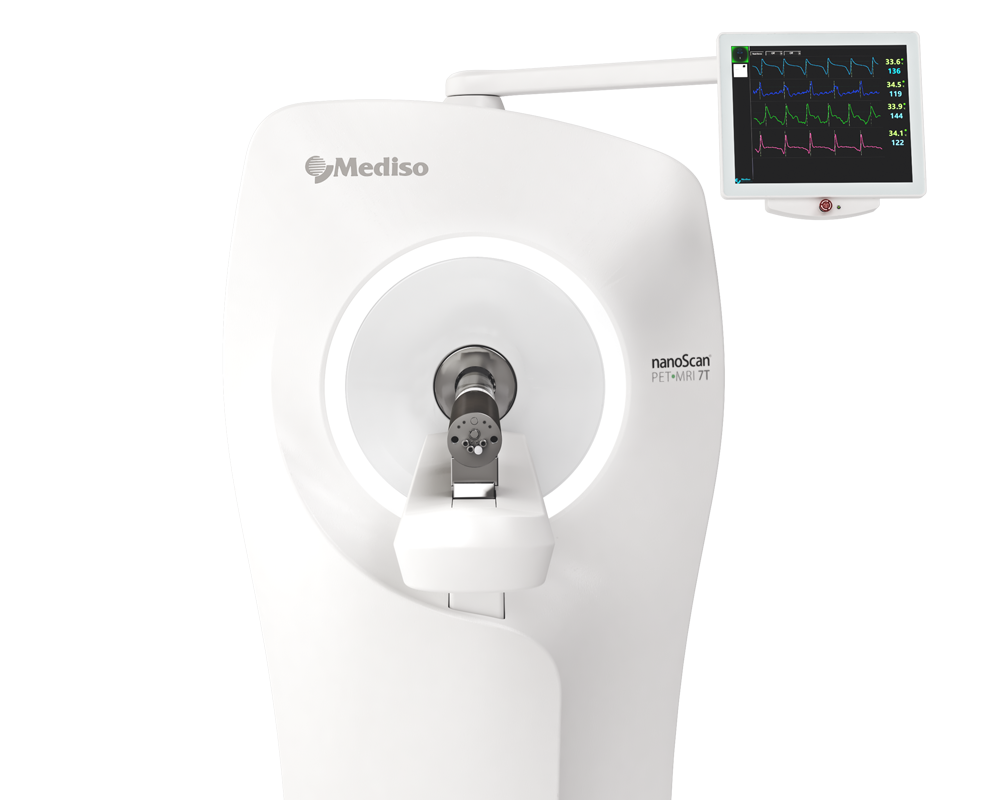Development of loaded hydrogels for trans-portal vein chemoembolization in an orthotopic liver cancer mouse model
2021.03.09.
Xinxiang Yang et al., Drug Delivery, 2021
ABSTRACT
Transarterial chemoembolization is a standard treatment for intermediate-stage hepatocellular carcinoma (HCC). This study evaluated the anti-tumor effect of the semi-interpenetrating network (IPN) hydrogel as a novel embolic material for trans-portal vein chemoembolization (TPVE) in vivo. A nude mice orthotopic HCC model was established, followed by TPVE using IPN hydrogel loaded with or without cisplatin. Portal vein blockade was visualized by MRI and the development of tumor was monitored by IVIS Spectrum Imaging. Tumor proliferation and angiogenesis were evaluated by Ki67 and CD34 staining respectively. Intra-tumor caspase 3, Akt, ERK1/2, and VEGF activation were detected by Western Blot. 18F-FMISO uptake was evaluated by microPET-MRI scanning. IPN hydrogel first embolized the left branch of portal vein within 24 hours and further integrated into the intra-tumor vessels during 2 weeks after the treatment. Mice treated with cisplatin-loaded hydrogels exhibited a significant decrease in tumor growth, along with lower plasma AFP levels as compared to hydrogel-treated and untreated tumor-bearing mice. By Ki67 and CD34 staining, the TPVE with IPN hydrogel suppressed tumor proliferation and angiogenesis. In addition, increased tumor apoptosis shown by up-regulation of caspase 3 with decreased expressions of tumor cell survival indicators Akt and ERK1/2 were observed in the treatment groups. Consistent with the decreased expression of VEGF after TPVE, hypoxia level in the tumor was also reduced as indicated by 18F-FMISO uptake level. IPN hydrogel-based TPVE significantly suppressed the tumor development by regulating intra-tumor angiogenesis and cell survival in an orthotopic HCC mouse model, suggesting a viable embolic agent for transarterial chemoembolization.
Wie können wir Ihnen behilflich sein?
Bitte kontaktieren Sie uns für technische Informationen und Unterstützung jeglicher Art in Zusammenhang mit unseren Entwicklungen und Produkten.
Kontaktformular